It is easy to consume energy within your home and not realize it. Appliances slowly sap electricity while plugged in, and air leaks from poor or aging windows or doors make air conditioners and heaters work much harder than they should have to, all the while consuming extra energy and raising your bills. In fact, over 40% of the average home’s energy bills are due to heating and cooling costs. These costs can be reduced significantly by the selection of efficient, high quality windows and doors.
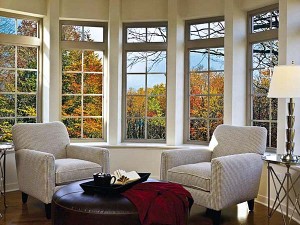 Technological Improvements
Technological Improvements Window and door products now, particularly those that meet the requirements of the federal Energy Star program, are at least twice as effective at insulating your home as what was available a decade ago. This improvement in technology is particularly welcome as energy costs have risen significantly over the past few years. It is also a boon to the environment, which benefits from a reduced consumption of energy for the sake of heating and cooling.
U-Factor & Solar Heat GainThere are two main factors that determine how efficient a window is. These are the U-factor and the solar heat gain co-efficient (SHGC). These are measured and certified by the National Fenestration Rating Council (NFRC), which is an independent industry body which establishes standardized testing so that consumers can make fair comparisons between products. The U-Factor describes how much heat you will lose through your windows (it is the reciprocal of the R-value which is used to rate insulation). The U-value scores generally fall between 0.2 – 1.2. The solar heat gain coefficient measures how much solar radiation will be admitted through the window. This can be important in summer when sunlight becomes more intense and can heat up interior spaces more quickly, but it can also be important in colder climates where the daytime sun can help to heat your home and lower heating costs. It is measured from 0 – 1.
Energy star ratings for windows are based on the region of the country you live in. Currently, to meet Energy Star requirements in the northern region which includes Pennsylvania, a window must have a U-value of less than or equal to .30. Due to the seasonal nature of this region, any SHGC is acceptable.
Solar Safeguard for the HomeNot only will upgraded and energy efficient windows save you energy, they will also prevent damage to your furniture. When furniture is left in sunlight, even behind a window, the UV light slowly breaks down the furniture’s material and fades the colors of fabrics. However, energy efficient windows with low-e glass will filter out a significant portion of the UV light and greatly reduce its detrimental effects.
Subscribe to Legacy Remodeling's Blog





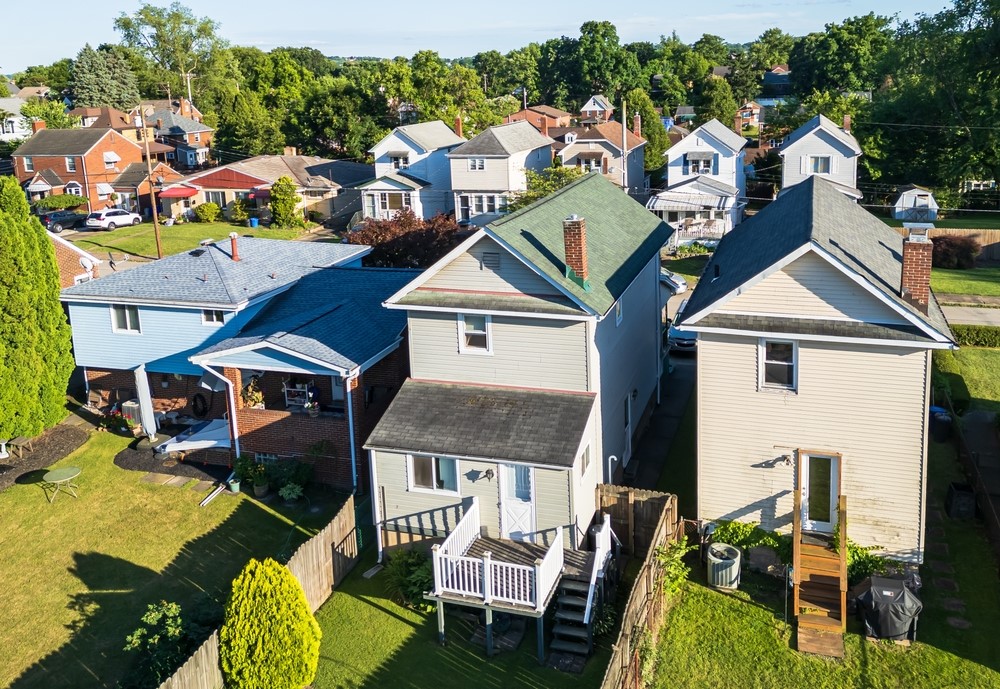
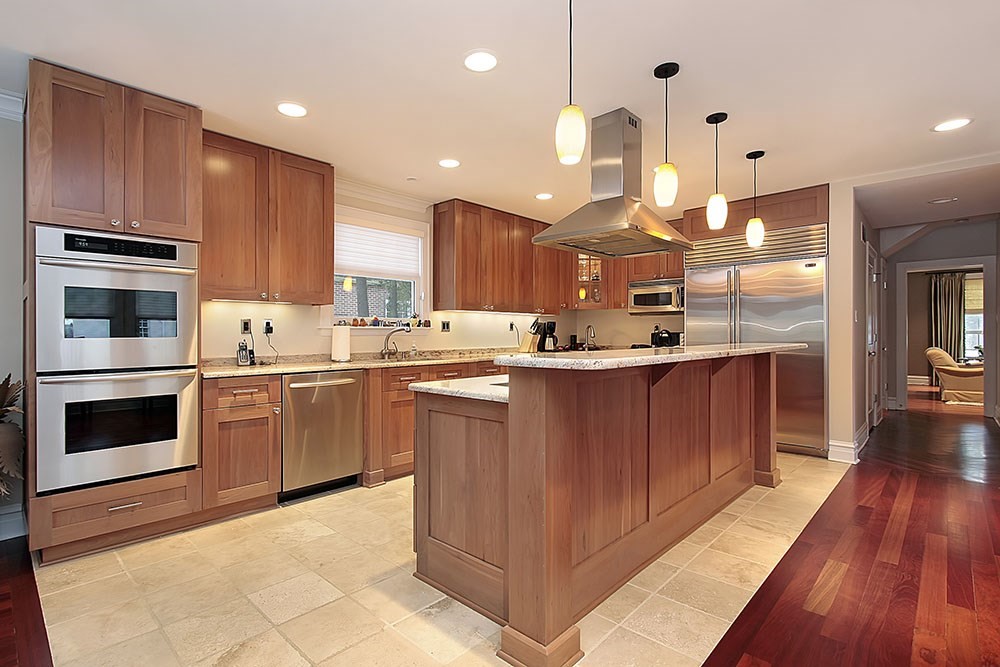
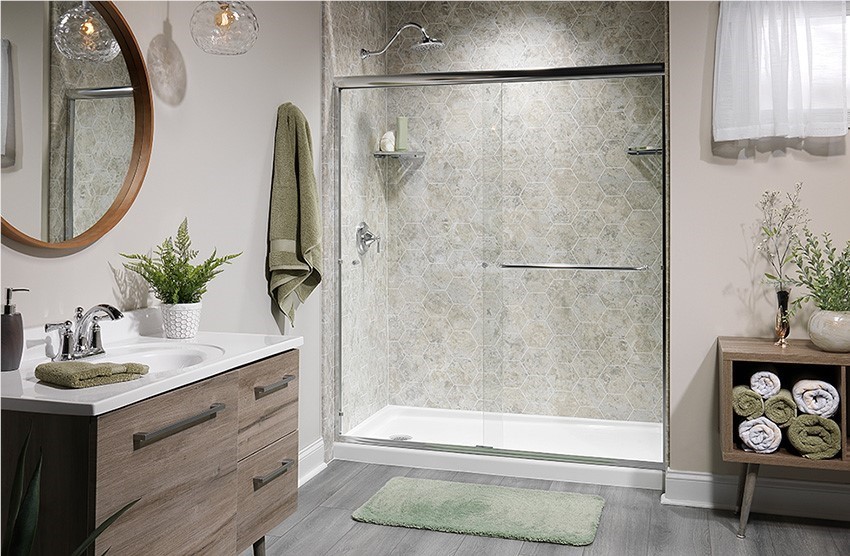
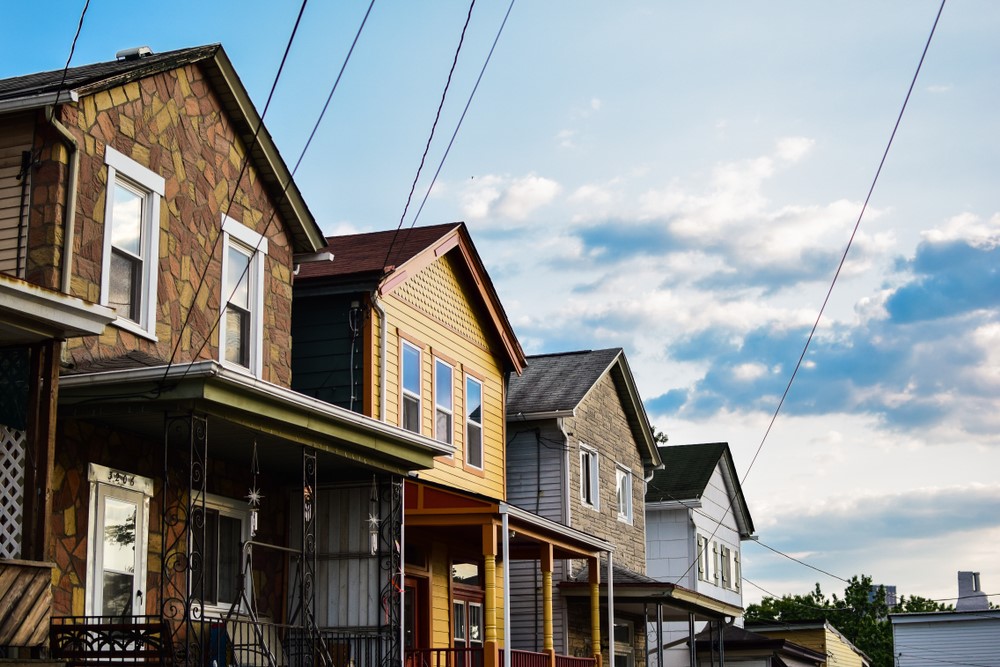
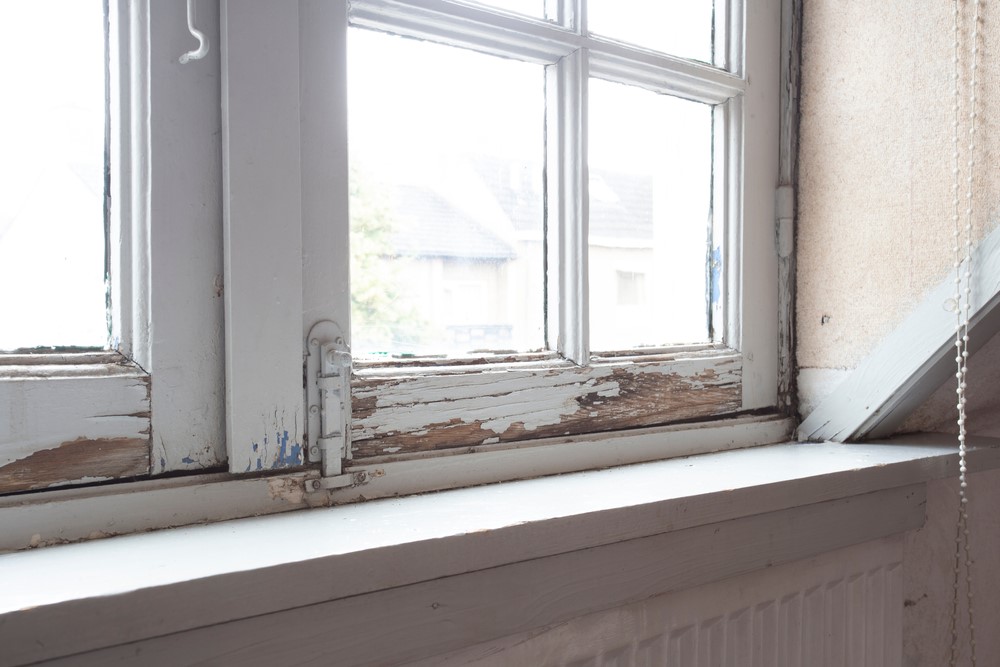

Comments